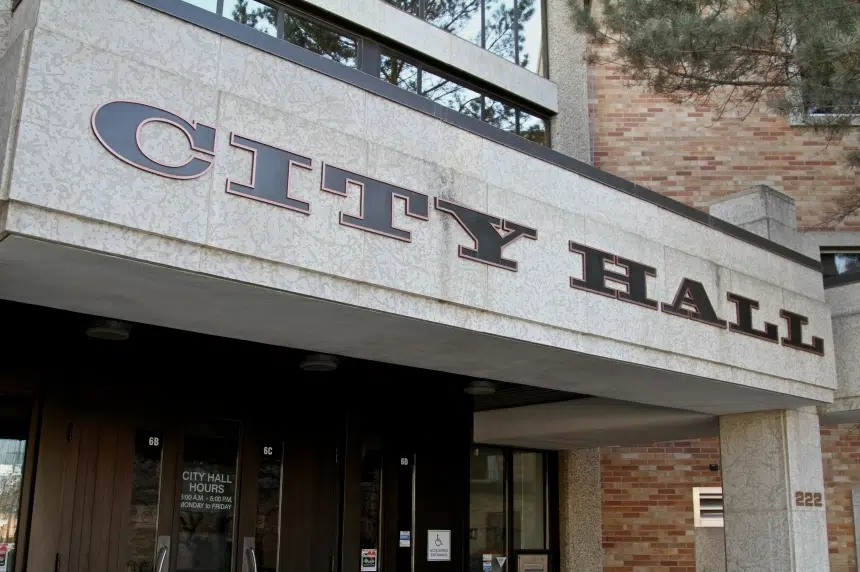In the continuously changing times within the COVID-19 crisis, the city of Saskatoon is doing its part to keep up.
In keeping up with the unprecedented event, changes are coming to the way utilities and property taxes are collected, along with changes to residential parking and transit.
Councillors, along with mayor Charlie Clark unanimously passed through a motion to enact changes to 2020’s property taxes and utilities.
The emergency change would give citizens leeway with these charges, including suspending utility disconnections until Sept. 31, 2020. Late fees will also be waived during that time period.
For property taxes, the city will still issue those payments in May but would give a grace period with no fees up until Sept. 30, 2020.
For citizens with concerns over the lead pipe replacement program, the report states that property owners are “allowed to have the city pay the contractor for the cost of pipe replacement in which the cost is added to the property owner’s tax bill interest-free. As these payments can be quite significant for owners, these payments are being deferred for one year to 2021 to provide additional relief.”
It's been passed.. unanimously. #yxe #yxecc
— brady lang (@BradyLangSK) March 19, 2020
Residential parking, effective immediately, will not be enforced within the existing time constraints to ensure residents are safe and stay safe in their homes.
At this point, there’s been no decision made on downtown core parking, and whether the city will continue to charge in those areas. A more formal decision is set to be announced Thursday afternoon during the city’s daily COVID-19 update to the media.
City transit will be changing, Jorgenson said, but they expect to have more of a concrete outlook Friday.
“We’re a little out of step from the regular process, usually it’s more of a fully fleshed out process,” he said. “With the move to rear-door entry and no fares, we’re attempting to implement that for this Friday.”
“Things like moving to rear-door entry makes sure that drivers are protected. Of course, that changes the way fares are collected, and we end up in a case where we will not be collecting transit fares.”
He added that additional cleaning will also be done within transit.
Jorgenson said the city is lacking in one department, though: working from home.
“We have been focusing on other areas, and essential services, and now, today, we are focused on our work from home strategy, and becoming more aggressive. As aggressive as we possibly can be, for those who can work from home.”
Jorgenson said there are challenges with some jobs working from home. But, he added that just a small percentage of the civic workforce wouldn’t be able to work from home.
These changes were discussed within city chambers Thursday in a special meeting by the city. All councillors participated through a conference call, with mayor Clark quarterbacking the virtual meeting in chambers.







